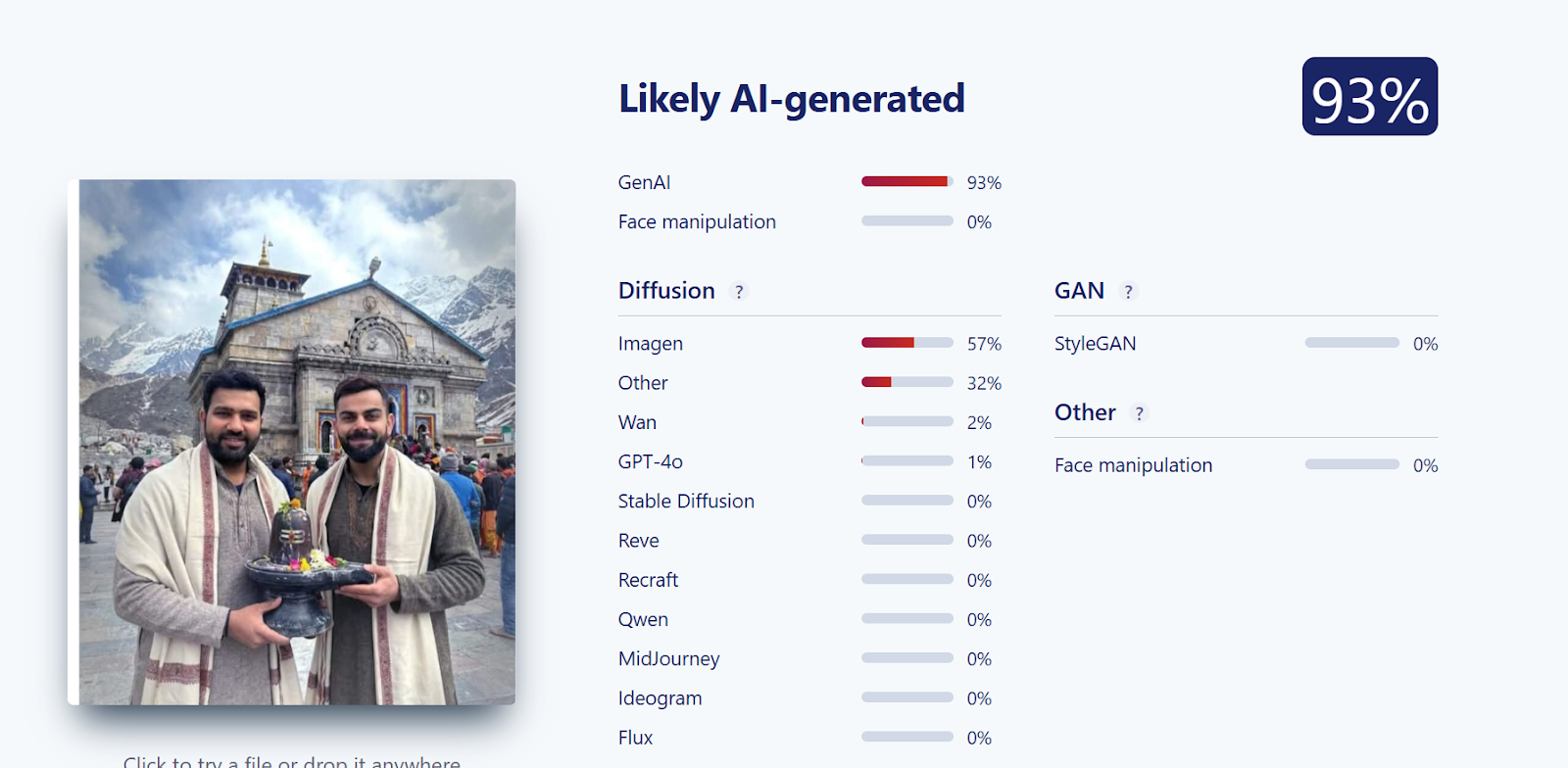#FactCheck: Phishing Scam on Jio is offering a ₹700 Holi reward through a promotional link
Executive Summary:
A viral post currently circulating on various social media platforms claims that Reliance Jio is offering a ₹700 Holi gift to its users, accompanied by a link for individuals to claim the offer. This post has gained significant traction, with many users engaging in it in good faith, believing it to be a legitimate promotional offer. However, after careful investigation, it has been confirmed that this post is, in fact, a phishing scam designed to steal personal and financial information from unsuspecting users. This report seeks to examine the facts surrounding the viral claim, confirm its fraudulent nature, and provide recommendations to minimize the risk of falling victim to such scams.
Claim:
Reliance Jio is offering a ₹700 reward as part of a Holi promotional campaign, accessible through a shared link.

Fact Check:
Upon review, it has been verified that this claim is misleading. Reliance Jio has not provided any promo deal for Holi at this time. The Link being forwarded is considered a phishing scam to steal personal and financial user details. There are no reports of this promo offer on Jio’s official website or verified social media accounts. The URL included in the message does not end in the official Jio domain, indicating a fake website. The website requests for the personal information of individuals so that it could be used for unethical cyber crime activities. Additionally, we checked the link with the ScamAdviser website, which flagged it as suspicious and unsafe.


Conclusion:
The viral post claiming that Reliance Jio is offering a ₹700 Holi gift is a phishing scam. There is no legitimate offer from Jio, and the link provided leads to a fraudulent website designed to steal personal and financial information. Users are advised not to click on the link and to report any suspicious content. Always verify promotions through official channels to protect personal data from cybercriminal activities.
- Claim: Users can claim ₹700 by participating in Jio's Holi offer.
- Claimed On: Social Media
- Fact Check: False and Misleading


.webp)









